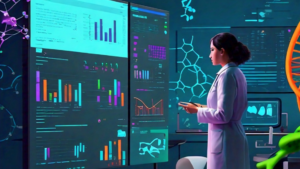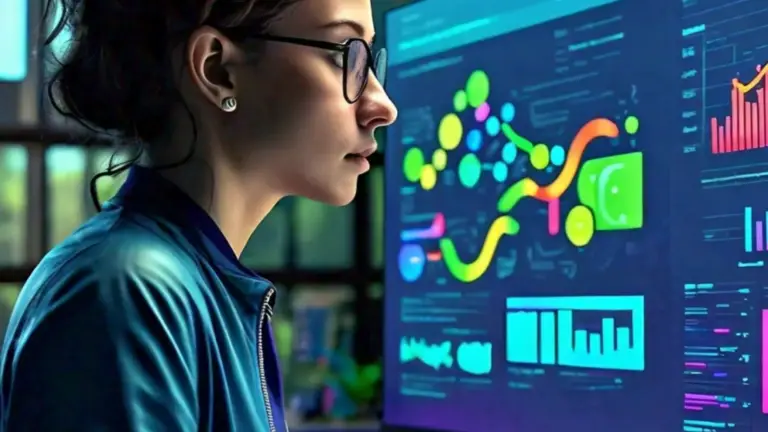Empowering Scientists: Accessible Bioinformatics with Tinybio's Innovative Tool
Bioinformatics startup Tinybio has developed a novel software that allows scientists to run complex data analyses simply by asking questions in plain English, just like talking to a knowledgeable assistant. The company’s CEO and founder, Sasha Dagayev, says the motivation behind Tinybio is to make data analysis faster and more accessible.
“We are very much a tool for scientists,” Dagayev explained in an interview. “The basic premise is the ability to kind of chat your samples and interrogate your data using natural language.”
At its core, Tinybio’s software uses large language models and natural language processing to translate a user’s requests into scripts that run common bioinformatics tools like R, Samtools, and FastQC behind the scenes on powerful compute instances. However, unlike traditional command-line interfaces, Tinybio presents a clean chat interface reminiscent of ChatGPT.
“It’s accessible to everybody. You can just sign up with a Google account,” said Dagayev. “We’re hooked up to a machine on Google’s infrastructure that actually is doing the analysis for you.”
While Dagayev acknowledges there are existing “no code” tools, he argues they are limited in scope. “No-code tools exist, but they box you into a world where you can only do what the no-code tool can do. Whereas in reality, a lot of the stuff that people work on is outside of that by the nature of their job.”
Tinybio has already attracted 500 monthly users in its first year, 25 of whom pay for premium access. A big part of the initial target market, according to Dagayev, is students and early-career researchers still learning to navigate bioinformatics workflows.
“It’s easier to get a younger person to change the way they’re working,” he said. Students are often challenged with using a tool like R studio with little to no training. Whereas industry scientists might have access to for-profit tools with support contracts, students are often left to figure things out on their own.

“We know things that nobody else in the world knows,” he said. “For example, Thursdays is our number one day, and we think that’s because most lab meetings happen on Fridays.”
As Tinybio gains more traction, the company plans to expand its capabilities to enable analysis for new data types like spatial transcriptomics. Dagayev is also exploring potential partnerships with companies like Oxford Nanopore to bundle Tinybio’s software with genomic sequencing technologies.
